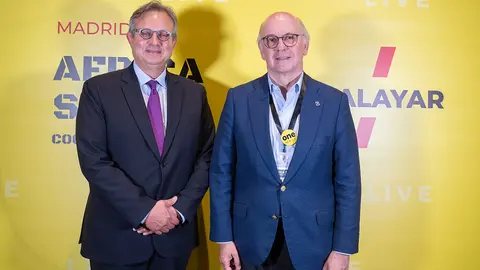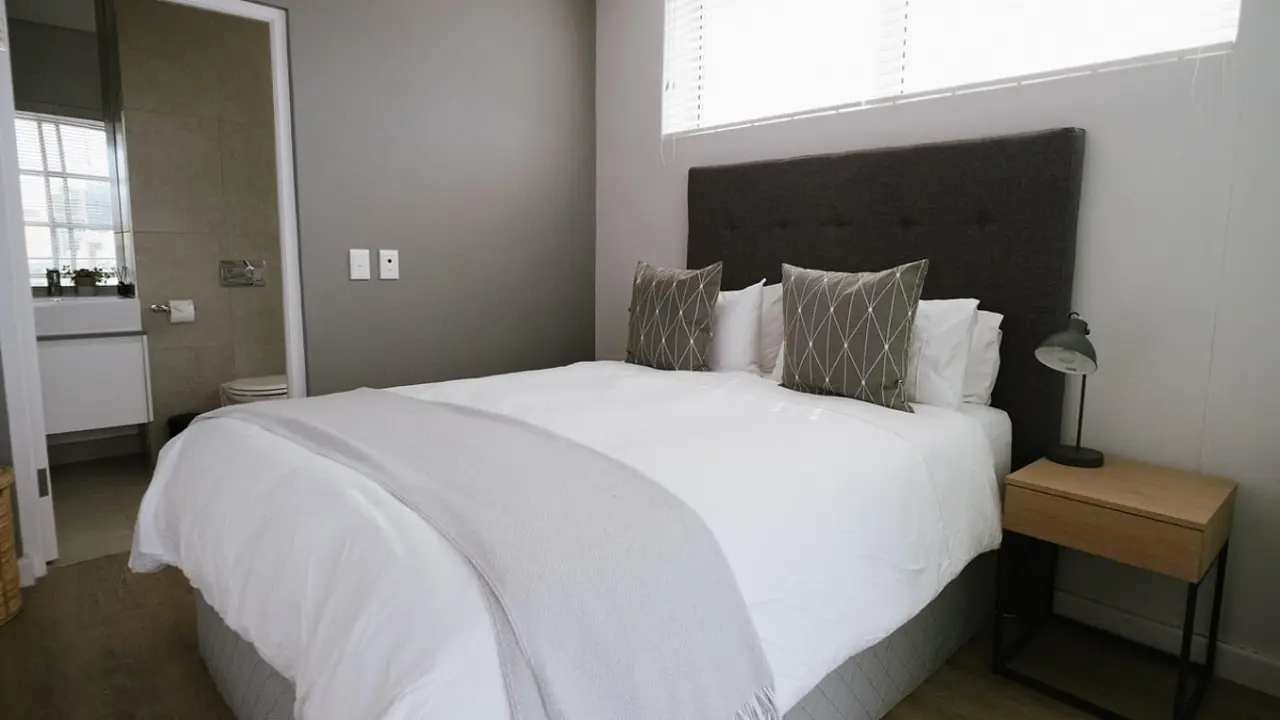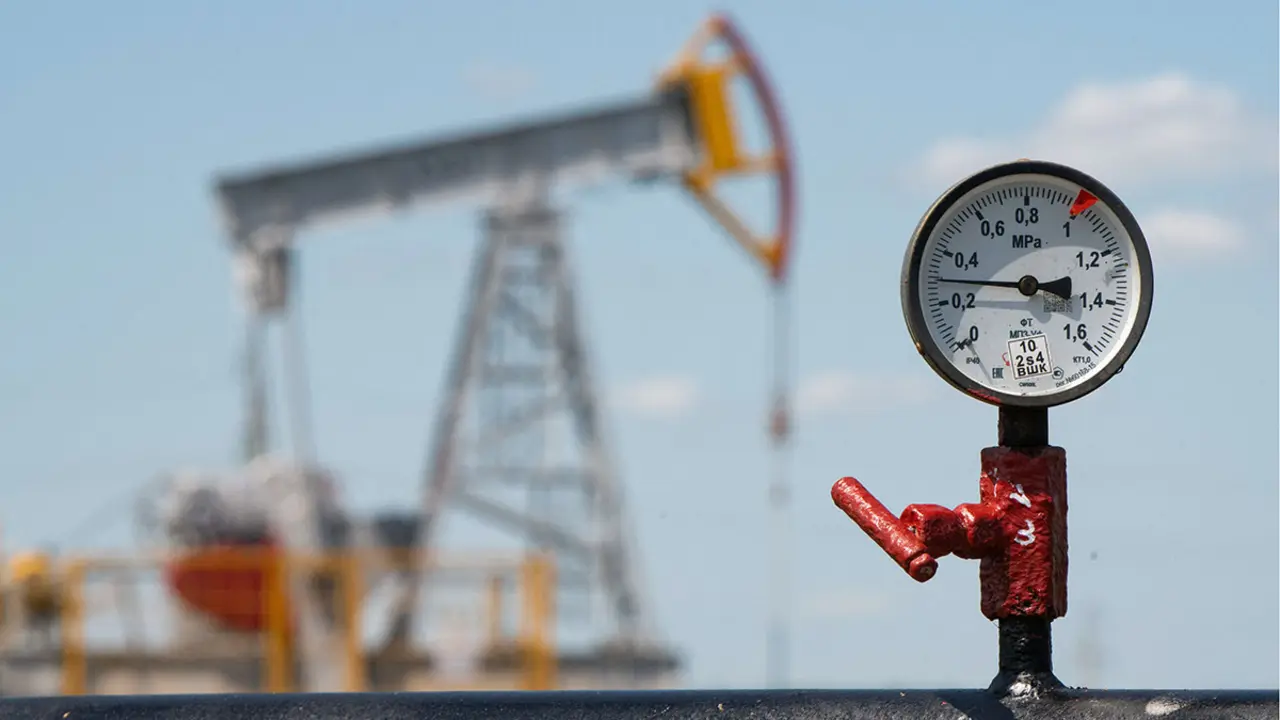Spain must play a key role in Africa's development
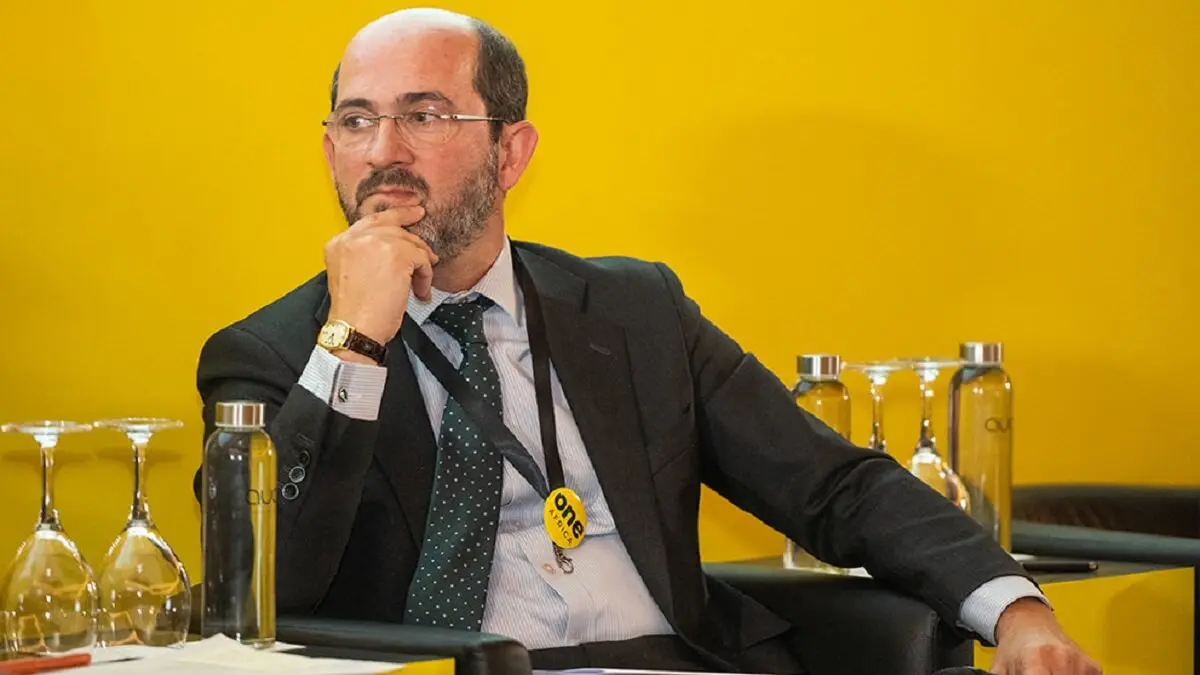
Madrid hosted the Africa-Spain Cooperation Summit with the presence of several personalities and experts who analysed the great opportunities and the great future of the link between Africa and Spain and Europe.
Atalayar spoke to Fernando Bernad, partner at the Cuatrecasas law firm, who explained the investment experience in Africa and the advantages to be found.
We wanted to know your assessment of the Africa-Spain Cooperation Summit. We think that, in order to collaborate, to increase business, to improve coexistence, the first thing to do is to get to know each other. We in the media have a commitment and an obligation to communicate, especially with Africa, which has 54 countries, each one different, so we must be very careful not to lump everyone together and to know how to differentiate.
The truth is that I see many reasons why I believe that this forum is a great initiative and that I am absolutely convinced that it will continue. I see many reasons why Spain has a fundamental role to play in Africa's development. Firstly, we are a country that comes from where we come from. And no other European country has experienced the efforts and sacrifices of development like Spain has. In other words, we know what we are talking about when we talk about development.
Most of the companies that form part of our economy are companies that have also experienced this development, that have had to make enormous efforts to get to where they are. These same companies have been part of the development of very important continents such as Latin America. All our big banks, all our big construction companies have been actively participating in developing economies when no one else was doing so. I mean, now everybody looks at Brazil, but you had to look at Brazil in the 1980s. Everyone saw Colombia, you had to see Colombia in those years. And already in those years our companies, beyond ratings, beyond risk valuations, were already there. And experience shows us that not only were they there, but they have also done very well, they have maintained and consolidated themselves fundamentally as local companies. That is to say, another of the enormous advantages that Spanish businessmen have is that when they establish a jurisdiction, it is their own jurisdiction. In other words, Banco Santander in Brazil is Brazilian, not Spanish. So I think that this gives us a particularly favourable way of doing business, because we do not have a colonialist approach in the business world.
I am not saying this as the result of a rational argument, I am saying it from my own experience. In 2003 we started working in Algeria on the desalination programme, the Algerian government launched ten desalination plants, our Spanish clients were awarded four of them, we were mandated to advise them on the financing for the construction and start-up of the projects and that is what we did. And the projects were successfully completed, in fact, their capacity was subsequently doubled, they continue to operate and continue to operate with enormous success also for Algerian society, because we are talking about plants of between 150,000 and 200,000 cubic metres, the largest in the world at the time. Also in Tunisia, also in Morocco, that is to say, we have had a lot of experience with Spanish businessmen and we have been able to see first-hand how they do business and how they commit themselves to the jurisdiction.
mpezamos a trabajar en Argelia en el programa de desalación, el Gobierno argelino lanzó diez plantas desaladoras, clientes nuestros españoles se adjudicaron cuatro de ellas, fuimos mandatados para asesorarles en la financiación para la construcción y puesta en marcha de los proyectos y eso hicimos. Y los proyectos se consiguieron cerrar, de hecho, se duplicaron en capacidad con posterioridad, siguen operando y siguen operando con un enorme éxito también para la sociedad argelina, porque estamos hablando de plantas de entre 150.000 y 200.000 metros cúbicos, las más grandes del mundo en su momento. También en Túnez, también en Marruecos, es decir, hemos tenido mucha experiencia de la mano de empresarios españoles y hemos podido ver de primera mano cómo hacen negocios y cómo se comprometen con la jurisdicción.
When it comes to our way of being Spanish and our way of doing business, this favours us, it opens doors for us on the African continent.
My experience is that in the end we are all neighbours of the Mediterranean and we understand perfectly well the formula of trade, that is, that everyone should leave the table reasonably unsatisfied, that is, that no one should have the perception of winning over the other. And I believe that this is a very clear way of understanding business on the part of our entrepreneurs. And they have a second characteristic, and that is that when they go somewhere they go to stay, that is to say, Spanish businessmen are not businessmen of opportunity, they are businessmen for the long haul. And this has the disadvantage that for them to develop a long-term business they need to see the circumstances, the context that allows them to stay in the long term, and sometimes this has not been the case and they have gone and had to return. But yes, I think he is a different kind of entrepreneur and he is an entrepreneur who does not get carried away by the moment. When he goes to a place he stays and becomes local and that gives us a very special stamp.
What specific opportunities can Cuatrecasas offer in Africa right now? For example, in Morocco, with the new political environment, relations are developing like a motorway, we could say.
The issue there, or what I have experienced is that until 2015, from 2003 to 2015, our project finance activity in these three jurisdictions was practically constant, especially in Morocco and Algeria, but suddenly there was a turnaround. So that is another circumstance that generates a lot of unease, that foreign policy interests are linked to business interests. And it is essential that this is decoupled, that is to say, the businessman who goes to a jurisdiction and invests all his resources and all his efforts cannot be at the mercy of what his government does or what the government opposite him does.
So, regardless of this, I believe that there are many areas in which Spanish companies could collaborate with Morocco or Algeria or Tunisia or even Egypt. I am thinking of the water sector, the water sector is absolutely key, we have companies that have absolutely cutting-edge experience, a technology that has its complexity.
With regard to renewable energies, no continent in the world has more sunshine than Africa and we have companies with enormous experience and the capacity to undertake very large projects in the energy sector. In civil works infrastructures, of course, roads, everything, there too. And I think all the big Spanish companies have had experience in Africa, like Ferrovial, Dragados, all of them. The problem is to generate a context that allows them to make a clear commitment.
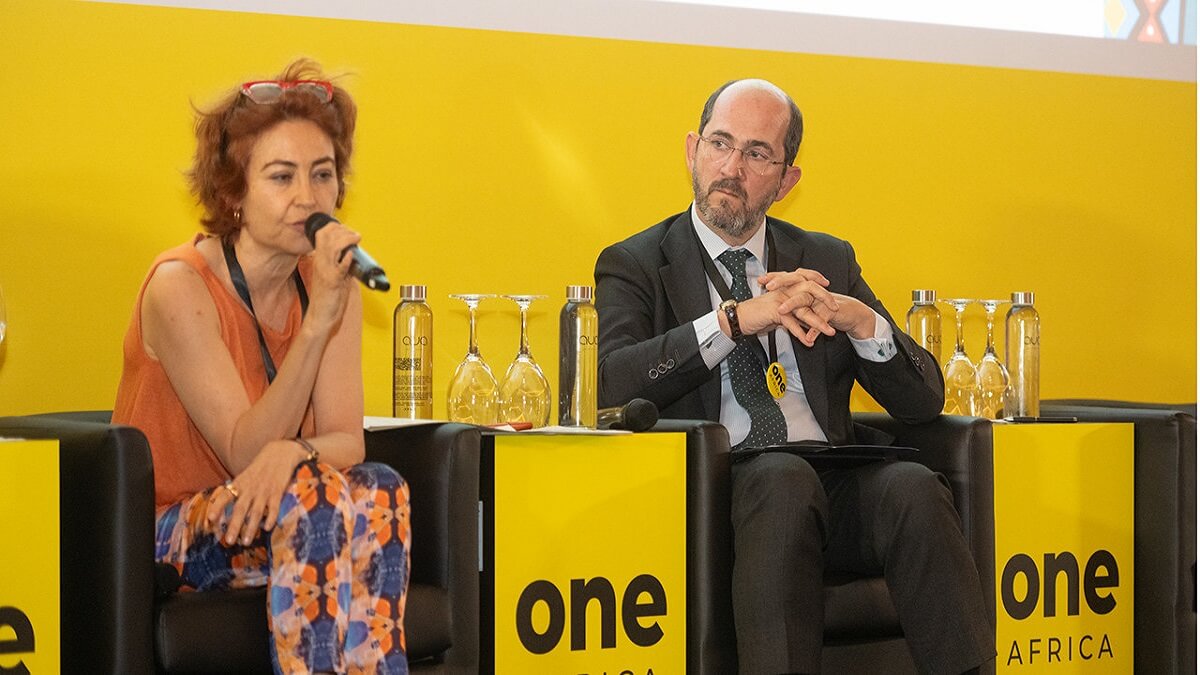
And, in this case, to seek legal certainty, the conditions, and for that it is essential to go with a good advisor, because there are times when you risk going on your own and you crash.
Right, that's always the case. And then it's true that when you get to these jurisdictions you often have to use non-conventional resources. I mean from time to time you find that the currency is not convertible and who assumes the exchange rate risk. You find that in that jurisdiction there is no banking system that allows you to hedge the risk of currency or interest rate fluctuations and you have to resort to imaginative formulas. I also believe that Spanish advisors have a greater margin of interest in this area. I believe that Spanish advisors have a greater margin of flexibility and capacity because we do not start from preconceived models. That is to say, if we go to the jurisdiction we try to play with the restrictions that exist in the jurisdiction and reach the most reasonable agreement possible. We do not have our own models of Spanish law that we have to impose, as is the case with other jurisdictions.
One last point. If you were in front of a businessman here, what would you say to him when considering any kind of initiative in an African country?
I would say that the experience I have from my clients who have done it previously is that these are jurisdictions that require a lot of effort, a lot of work, you have to be very serious, you have to be very compliant, but when you comply with all that, you get a great return and you also get a trust in a very positive long-term relationship. I believe that it is undoubtedly a continent that is worthwhile and that we must try to develop as much as possible.


